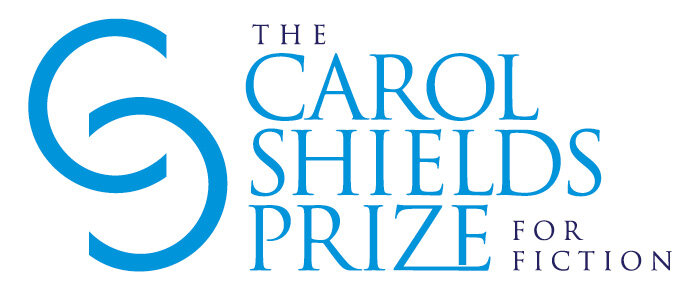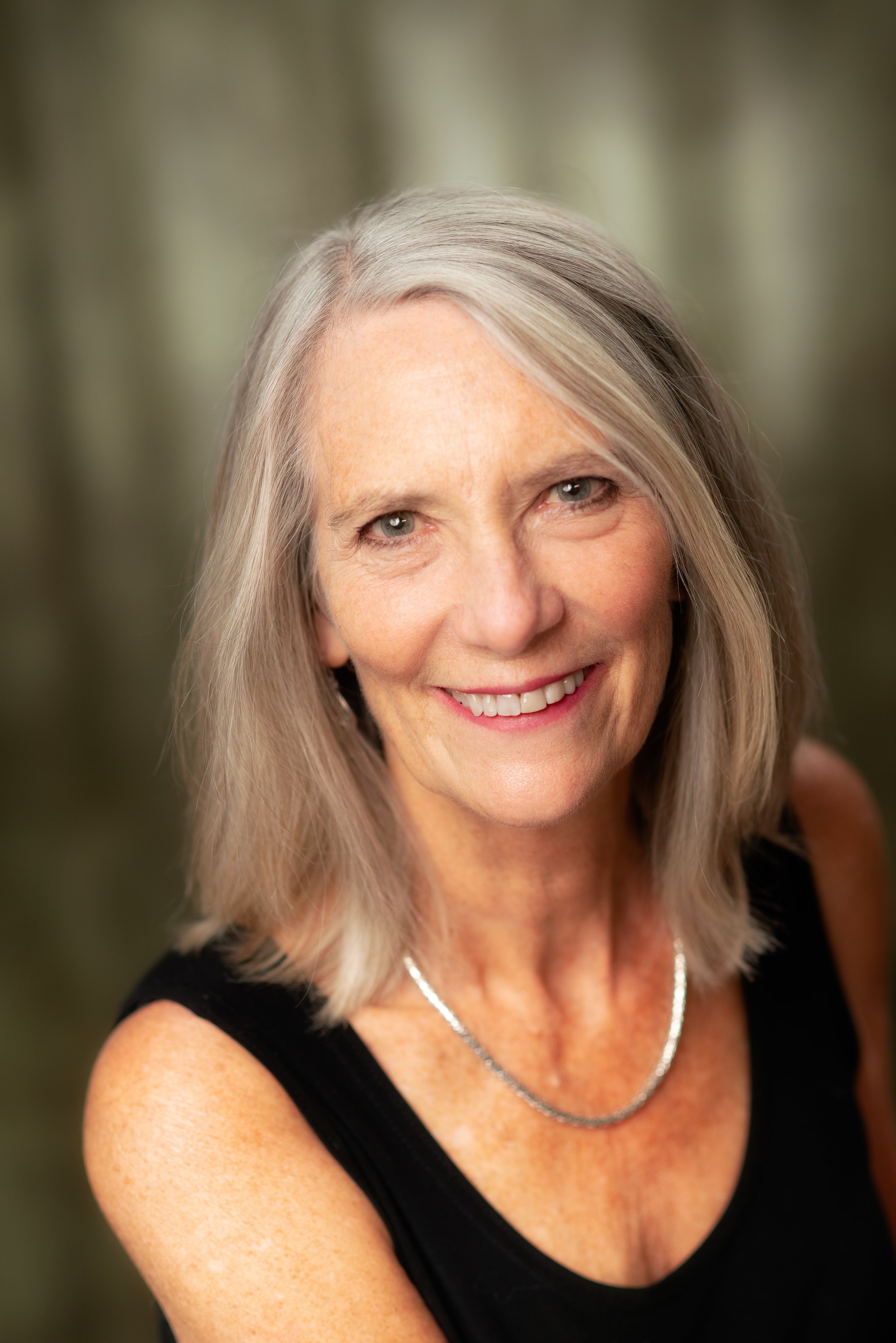Women Reading Women: Amanda West Lewis
Welcome to Women Reading Women — a series featuring women writers, and the women writers they love.
Amanda West Lewis is a writer, theatre creator, calligrapher and teaching artist who grew up in New York City and Toronto. Her most recent book, These Are Not the Words, is a semi-autobiographical novel that uses prose, poetry, jazz and Shakespeare to confront addiction and mental health issues in the lower East side of Manhattan, 1963. Amanda has published eight books for young readers and holds an MFA in Writing for Children and Young Adults from Vermont College of Fine Arts. She is the founder and Artistic Director of the Ottawa Children’s Theatre, and teaches theatre, writing and calligraphy to students of all ages.
What is a book you would recommend to any woman writer?
No Time to Spare by Ursula K. Le Guin. When I had children at home, I thought writing was somehow separate from daily life. I was trying to write around the edges of motherhood, without fully understanding that, as Katherine Patterson has said, “…the very persons who have taken away my time and space are those who have given me something to say.”
Ursula Le Guin showed me how writing is a part of everything you do, from drinking tea with a cat on your lap to volunteering for a food bank to reading Homer. The subtitle of the book is “Thinking about what matters.” It is a book about the essentials in life, which for her includes reading, writing, cats, tea and confronting injustice. No Time to Spare is fully immersed in life — politically, domestically, artistically. It was written when Le Guin was in her 80s and it is angry, irreverent, and full of love.
What’s your top book written by a woman?
Beloved by Toni Morrison, is a top choice for fiction. It’s difficult to conceive of any other book that is so deeply moving, with such finely tuned observation and stylistic detail. Aside from No Time to Spare, Joan Didion’s The Year of Magical Thinking and H is for Hawk by Helen Macdonald are up at the top of my non-fiction list.
What’s the best piece of advice you’ve ever received?
Find a partner who cooks and makes you laugh. It’s great advice for a writer because it frees you from worrying about dinner when you should be obsessing about your writing. I love to cook, but at this stage of my writing life I am grateful not to have to be thinking about it on a daily basis. And at the end of the day, laughter repairs everything.
What should every aspiring writer do?
Do/know/try/fear/run toward… My answer to all of these has to do with developing your craft. It may sound pedantic, but I think poetry is essential for every writer. Reading it, writing it, and most importantly hearing it. The magic of language is in the sound and rhythm of words. So, taking a poetry writing class is fundamental. Then, go deep and take a calligraphy course. It will slow you down and help you appreciate the shape of letters. They are your tools, and you should know them inside out. After that, try an improvisation acting course. It’s the best thing you could do for understanding dialogue and character. It is also terrifying so you should definitely run toward it!
Why do you think books by women are important?
Recently, a male friend of mine was surprised when I said I needed to stop reading male writers for a while. He honestly couldn’t understand why. He thought there was no difference between the voices of male and female writers. Frankly, I don’t think a woman reader would ever agree with that statement. Books come from a writer’s lived experience and a person’s gender is a fundamental part of their experience, as is their sexuality, race and cultural background.
Writers do not work in a vacuum. They write from their own unique perspective. Readers do not read in a vacuum. They step into a world the writer has created and, if they like the book, embrace the writer’s perspective for at least for the time it takes to read the book. When we read from other perspectives, we gain a larger view of human life on this planet. As we read books by more genders, sexualities and cultures, we open our worldview and our lives become richer.
Quick-fire Questions
City you were born in versus city your heart belongs to?
I was born in Manhattan, NYC. I was eight years old when I left. My heart is still there.
A piece of art that inspires you?
The Forty Part Motet by Janet Cardiff.
Fill in the blank: ___ helps stimulate my creativity.
Walking in the woods.
Describe your writing in three words.
Personal, poetic, political.
What’s an assumption about you that you don’t think is true?
That I am in control and know what I am doing.
Name a book that you wish you wrote.
Eloise by Kay Thompson.
In your opinion, who is the most underrated author?
The poet Bronwen Wallace. She writes miraculous short stories in small verses.
What’s a book people would be surprised to see in your book collection?
I have two full shelves of books by Rebecca West, some quite obscure. I am named after her and am still working through her oeuvre. ■
Do you know a writer who would be a great feature for Women Reading Women? DM us on Instagram!

